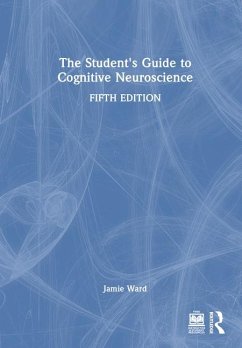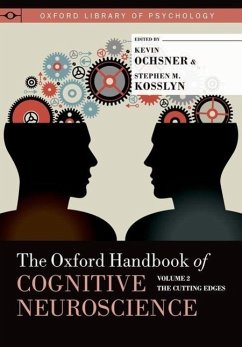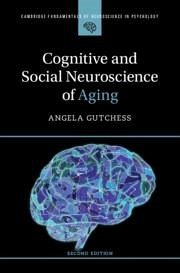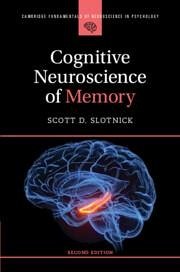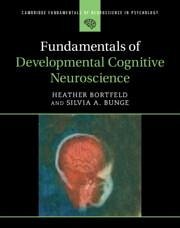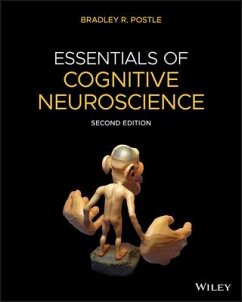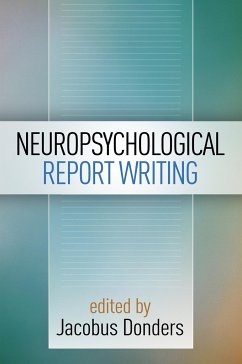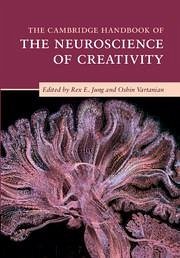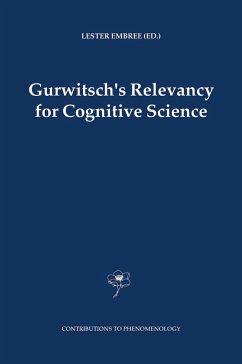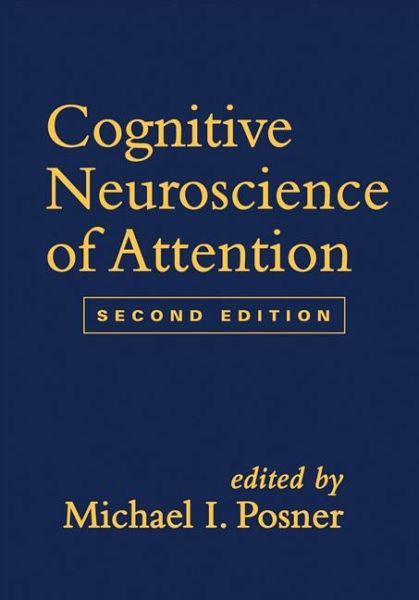
Cognitive Neuroscience of Attention
Versandkostenfrei!
Versandfertig in über 4 Wochen
107,99 €
inkl. MwSt.

PAYBACK Punkte
54 °P sammeln!
This authoritative reference provides a comprehensive examination of the nature and functions of attention and its relationship to broader cognitive processes. The editor and contributors are leading experts who review the breadth of current knowledge, including behavioral, neuroimaging, cellular, and genetic studies, as well as developmental and clinical research. Chapters are brief yet substantive, offering clear presentations of cutting-edge concepts, methods, and findings. The book addresses the role of attention deficits in psychological disorders and normal aging and considers the implic...
This authoritative reference provides a comprehensive examination of the nature and functions of attention and its relationship to broader cognitive processes. The editor and contributors are leading experts who review the breadth of current knowledge, including behavioral, neuroimaging, cellular, and genetic studies, as well as developmental and clinical research. Chapters are brief yet substantive, offering clear presentations of cutting-edge concepts, methods, and findings. The book addresses the role of attention deficits in psychological disorders and normal aging and considers the implications for intervention and prevention. It includes 85 illustrations. &




